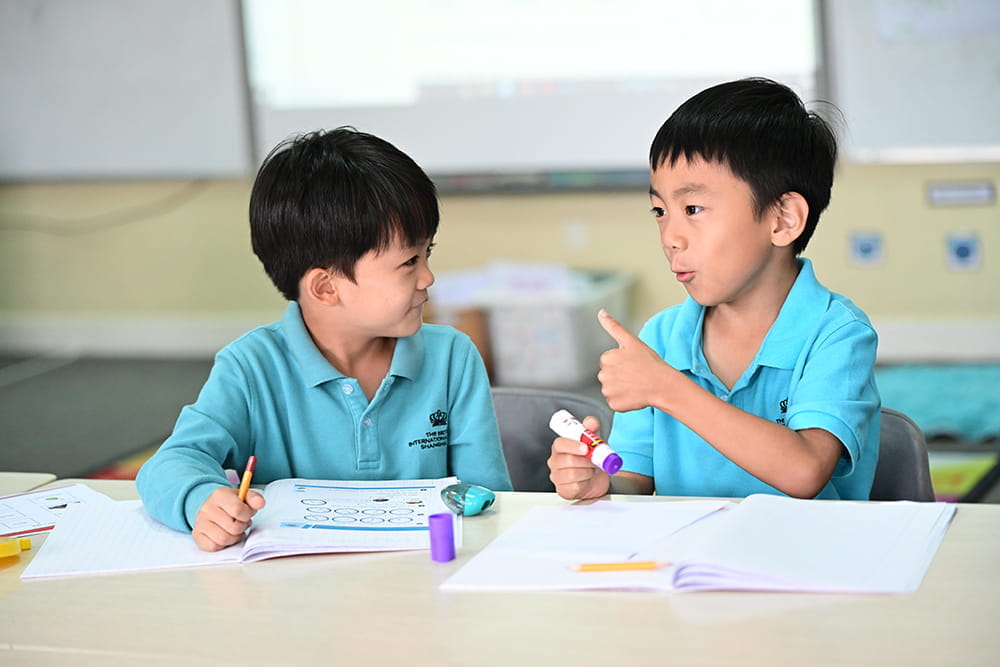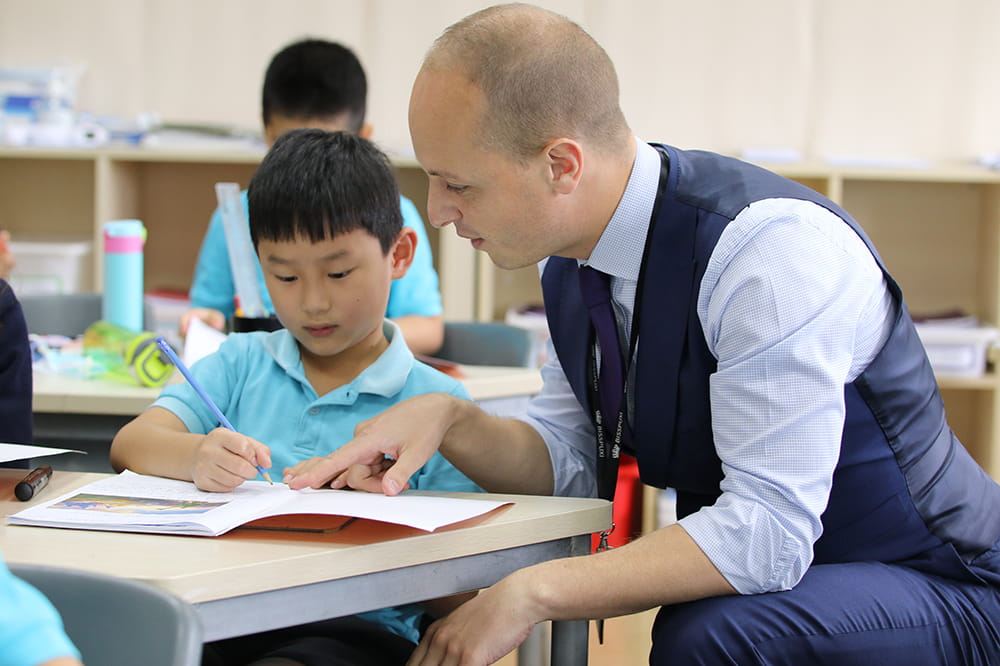What is Behaviour for Learning?
B4L is a learning concept that aims to establish positive relationships between self, others and the curriculum. When these three elements are promoted and nurtured in unison in a classroom, a culture of positive learning behaviour is embraced.
This model helps children develop emotionally and intellectually. B4L allows students to grasp sophisticated learning behaviours, and it enables them to learn, participate and interact with others proactively. When these positive behaviours and learning habits are introduced at a young age, students are able to utilize the established behavioural and learning skills to smoothly transition into new learning levels and experiences in life.
Behaviour for Learning Framework
Relationship with Self: A pupil who does not feel confident as a learner and who has ‘internalised’ a view that they are unable to succeed as a learner will be more likely to disengage and consequently may be more inclined to present ‘unwanted behaviours.'
Relationship with Others: All ‘behaviour’ needs to be understood as ‘behaviour in context.’ Pupil behaviour is triggered as much by their interactions with others (pupils, teachers or other adults in school settings) as it is by factors internal to them.
Relationship with the Curriculum: Pupil behaviour and curriculum progress are inextricably linked. Teachers who promote a sense of meaningful curriculum progress in learning for each pupil will be more likely to create a positive behavioural environment. Effective communication student-to-student and teacher-to-student is also an integral part of behaviour for learning. Appropriate language and tone of interactions needs to be modelled daily by teachers. Bill Rogers offers invaluable strategies about positive correction and the language of choice; about being assertive but not autocratic; about building relationships and being the adult.
Discover more about the personalised learning approach and our team of experienced teachers at The British International School Shanghai, Puxi.








